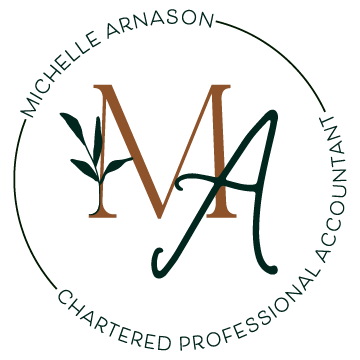Outsourcing vs. In-House Bookkeeping
Managing your small business's financial records is a critical task that can significantly impact your company's success. When it comes to bookkeeping, you have two primary options: outsourcing the task to a professional bookkeeping service or handling it in-house with your own team. Each approach has its own set of advantages and disadvantages. In this blog post, we'll explore the pros and cons of both outsourcing and in-house bookkeeping to help you make an informed decision about which approach best suits your business.
Outsourcing Bookkeeping:
Pros:
Expertise and Experience: When you outsource your company's bookkeeping, you're tapping into the expertise of professionals who specialize in accounting and financial management. They are well-versed in tax laws, regulations, and best practices, reducing the likelihood of errors.
Cost Savings: Outsourcing can be cost-effective. You don't need to hire and train full-time staff, and you only pay for the services you need when you need them. This can save money compared to the costs of hiring a full-time employee to perform the bookkeeping role in-house.
Time Savings: Bookkeeping can be time-consuming, depending on how complex your business is. Outsourcing frees up your time to focus on core business activities, allowing you to grow and expand your company.
Scalability: Outsourced bookkeeping services can scale with your business. Whether you're a sole proprietor or a growing enterprise, you can adjust the level of service you receive based on the evolving needs of your business
Cons:
Less Control: You may have less control over the day-to-day bookkeeping operations, which can be a concern if you prefer to have a more hands-on approach to your finances.
Data Security: Sharing financial data with an outside service can raise security concerns. Ensure the firm you choose has strong data protection measures in place.
Communication: Effective communication with an outsourced team is crucial. Miscommunication or delayed response times can lead to errors or misunderstandings.
In-House Bookkeeping:
Pros:
Control: In-house bookkeeping allows for direct control over your financial operations. You can oversee every detail and make immediate adjustments when needed.
Familiarity: In-house bookkeepers have an in-depth understanding of your business's unique financial needs and can provide tailored support.
Data Security: Keeping financial data in-house may enhance data security since you have complete control over access and protection measures.
Cons:
Cost: Employing in-house bookkeepers comes with added costs, including salaries, benefits, training, and software licenses. Small businesses may find this less cost-effective.
Limited Expertise: In-house bookkeepers might not possess the same level of expertise and industry knowledge as outsourced professionals.
Resource Drain: Managing in-house bookkeeping can be time-consuming, pulling your focus away from core business activities.
Scalability Challenges: As your business grows, hiring and training additional in-house bookkeepers can be challenging and costly.
The decision to outsource or handle bookkeeping in-house ultimately depends on your small business's unique needs and resources. Consider factors such as your budget, the complexity of your financial transactions, your desire for control, and the level of expertise required.
Many small businesses find that outsourcing bookkeeping allows them to access professional expertise, save costs, and free up time to focus on growth. In contrast, in-house bookkeeping offers more direct control and a deeper understanding of your business's finances.
Whichever route you choose, remember that the accuracy and integrity of your financial records are crucial for making informed decisions and ensuring the long-term success of your small business.

